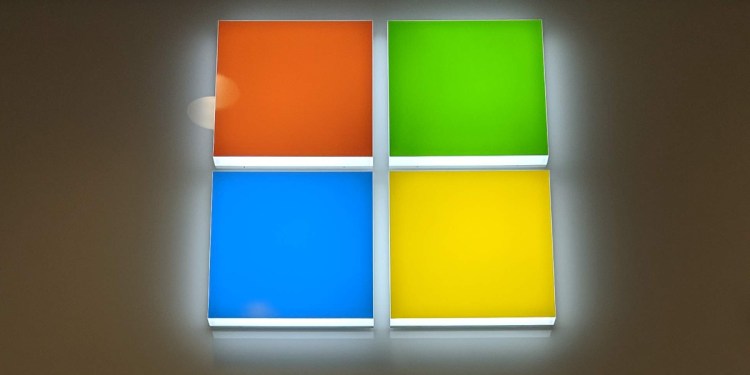Watch all the Transform 2020 sessions on-demand here.
Microsoft is introducing new ways to deploy AI with Azure Cognitive Services, its prebuilt service to make it easier for people without the technical knowledge of a machine learning engineer or data scientist.
New today is Decision, a suite of decision-making recommendations, automated transcription services, and AI that recognizes and digitizes drawings. The Decision suite will include Personalizer, a reinforcement learning service for recommendations or personalization designed to improve user engagement.
Also announced today by Microsoft: a fully managed Azure Blockchain Service, Unreal Engine developer support for HoloLens 2, new Azure Machine Learning tools, and the debut of Azure SQL Database Edge.
Use of Personalizer in Microsoft stores and online systems has led to performance improvements of more than 40% in some instances, said Microsoft VP Scott Guthrie, who leads the company’s Cloud and AI Group. Guthrie believes Personalizer can be used in addition to existing recommendation tools.
June 5th: The AI Audit in NYC
Join us next week in NYC to engage with top executive leaders, delving into strategies for auditing AI models to ensure fairness, optimal performance, and ethical compliance across diverse organizations. Secure your attendance for this exclusive invite-only event.
“One nice thing about reinforcement learning and personalization systems is that they can also be very easily aggregated and so it’s often not do I use this system or that system, it’s often you can combine the systems together,” Guthrie told VentureBeat in an interview in San Francisco today. “We certainly do have with our Azure Machine Learning service the ability to build say a custom reinforcement learning model, but having a toolkit that’s specifically optimized for recommendations and personalizations is something we’re finding with retail, ecommerce, any subscription business — movies, music, etc. — adds a tremendous amount of value.”
The tool was made through a partnership between Microsoft’s Azure Applied AI division and Microsoft principal researcher John Langford, Azure AI program management director Lance Olson told VentureBeat. The tool was also used in tests last November to decide what Xbox users see when they turn on their console.
“It takes some data to get started before the model trains up, so we can instrument the [user data] logs and basically train the Personalizer off of the log files. So we did that for the Xbox, and in offline training in simulation running off the logs, we saw a 21% increase in what the personalizer recommended versus what our existing system recommended,” Olson told VentureBeat in a phone interview.
The Decision category in Azure Cognitive Services will also contain previously deployed services like Content Moderation and Anomaly Detector, which launched in public preview in March.
Also new today: Form Recognizer, which automates the ingestion of forms to extract key value pairs as JSON objects, and Ink Recognizer, which interprets handwriting and drawings, comparable to Google’s doodle datasets.
“So you can draw in an ink diagram of like a workflow or something, then it would recognize it and convert it to an image and digitize it,” Olson said.
Tools for extraction of text data from forms and other documents is often used for knowledge mining by businesses in finance to find insights about organizations, as well as by manufacturing companies to ensure regulatory compliance. Last year, Microsoft AI researchers used knowledge mining to dig into declassified JFK assassination documents.
Also introduced today: new ways for Azure Machine Learning to create custom AI models, the launch of an automated transcription, and an upgrade to the Bot Framework SDK in preview. Bot Framework SDK 4.5 comes with improvements that allow automated agents to follow the original context of a conversation and easier integration of tools like Language Understanding and QnA Maker.
Kubernetes container-based services were also extended today to Speech-to-Text, Text-to-Speech, Form Recognition, and Anomaly Detection. Following the launch of prebuilt AI services in containers last fall, the services added today bring Microsoft’s container-supported AI services up to 10.
More Microsoft news is expected soon as the company begins its annual Build developer conference in Seattle on Monday.


